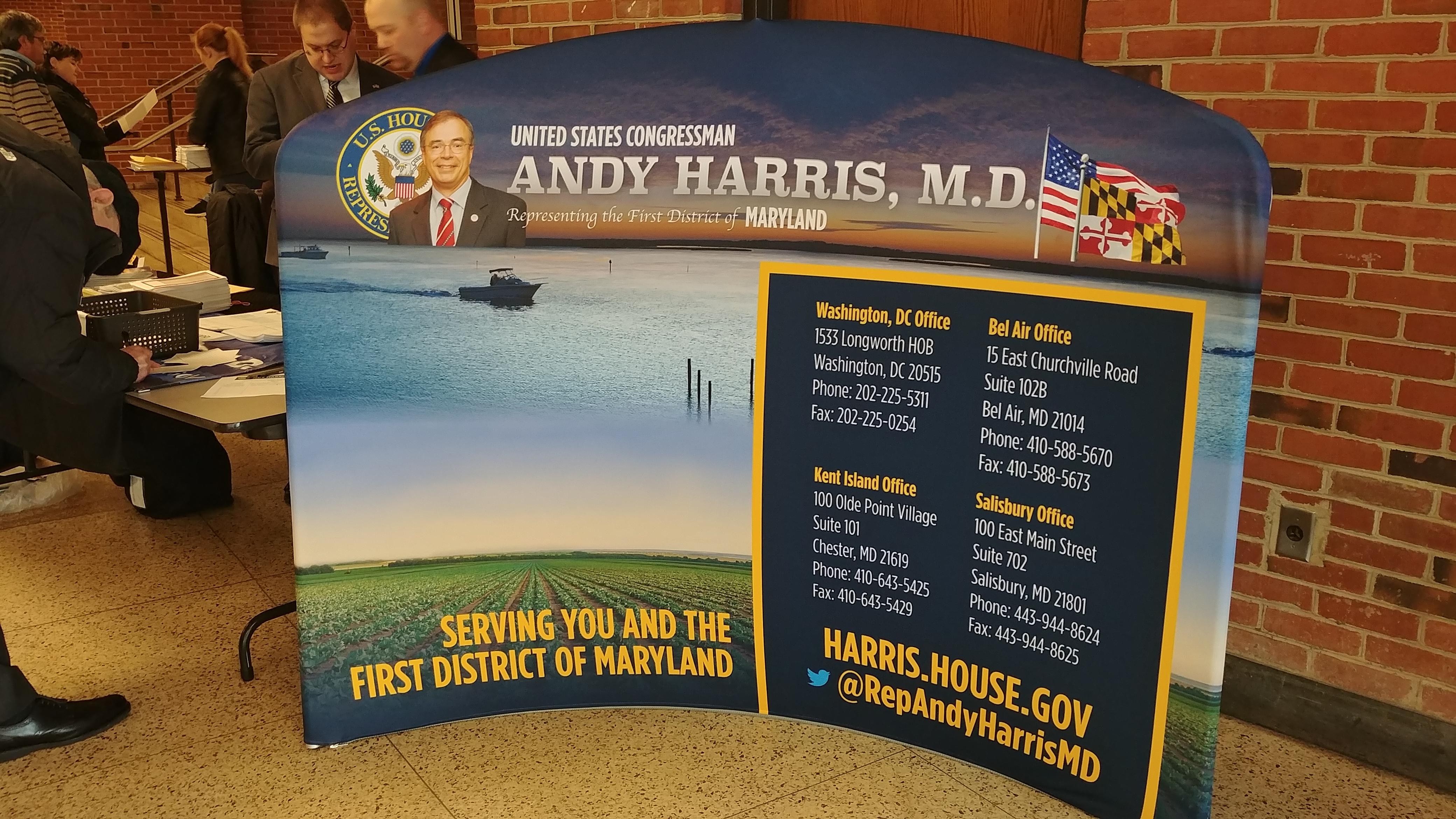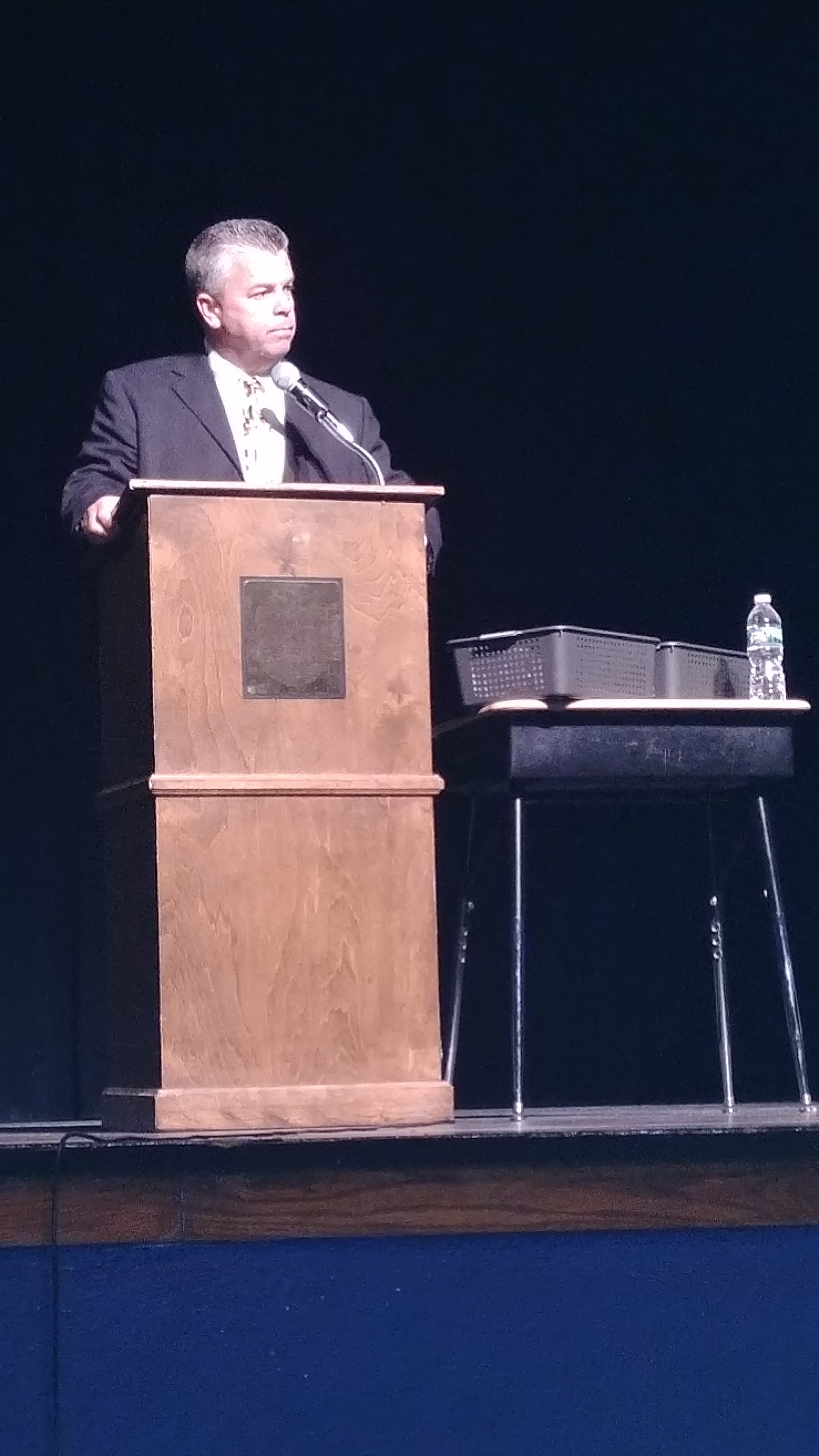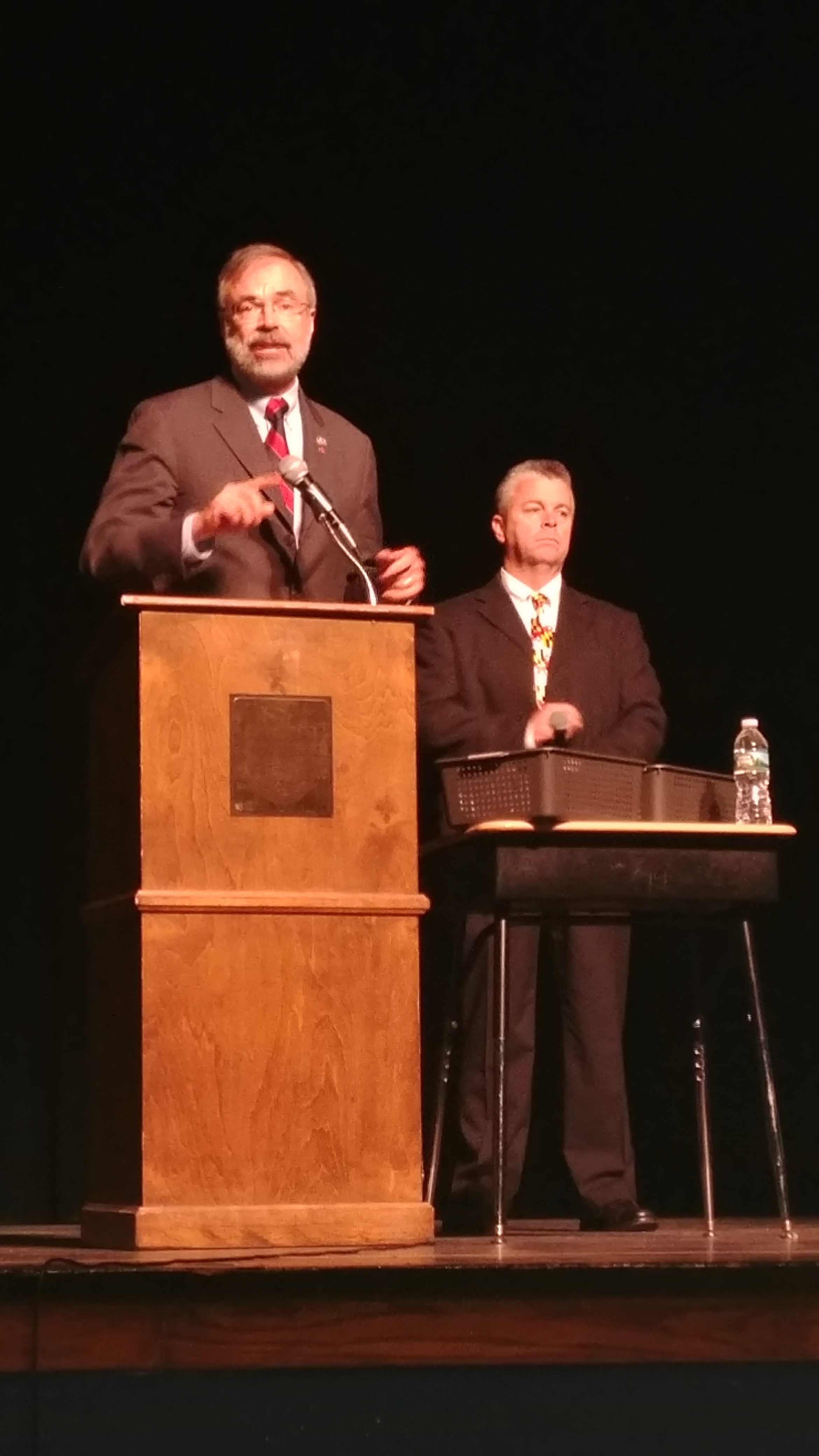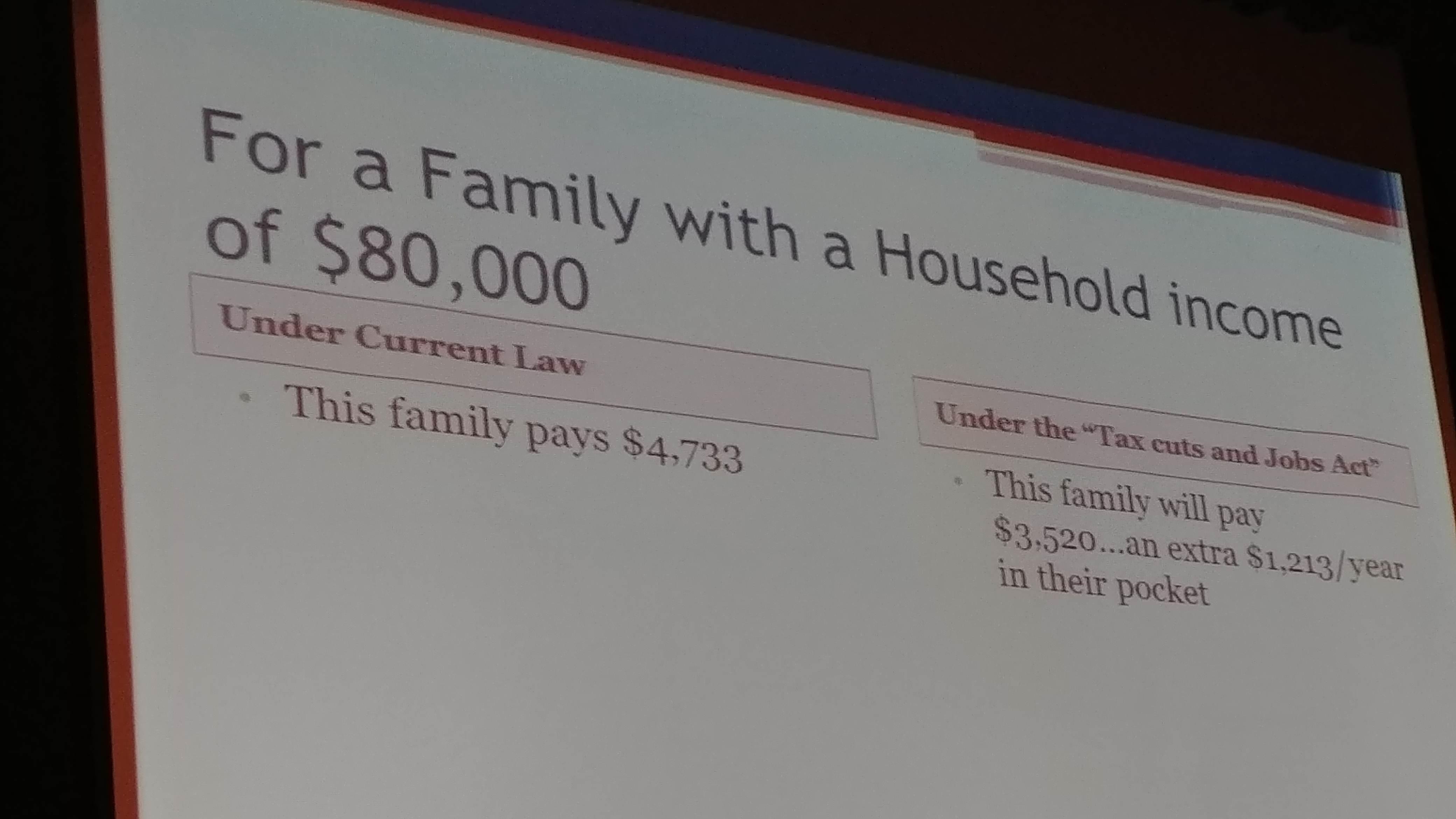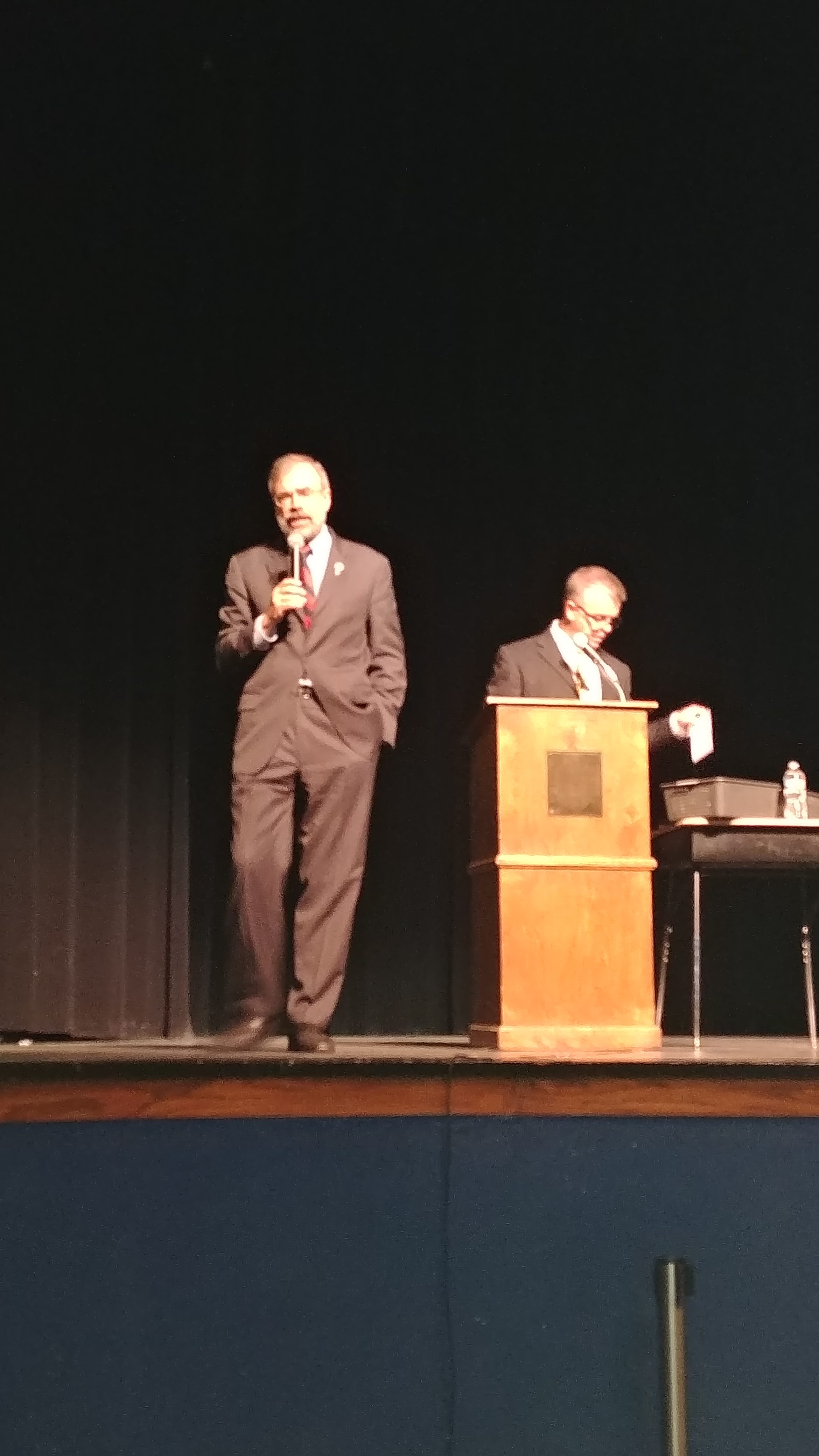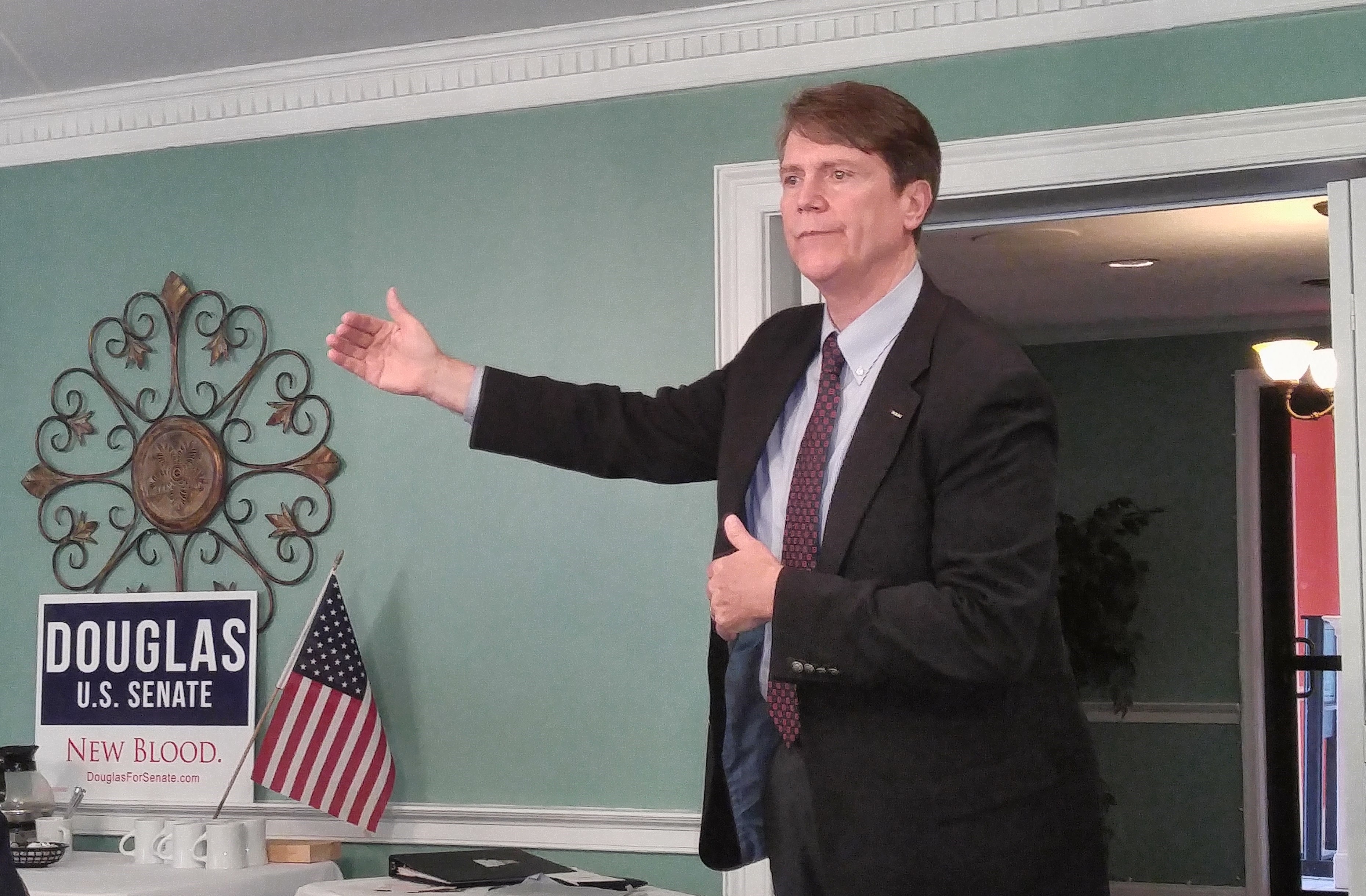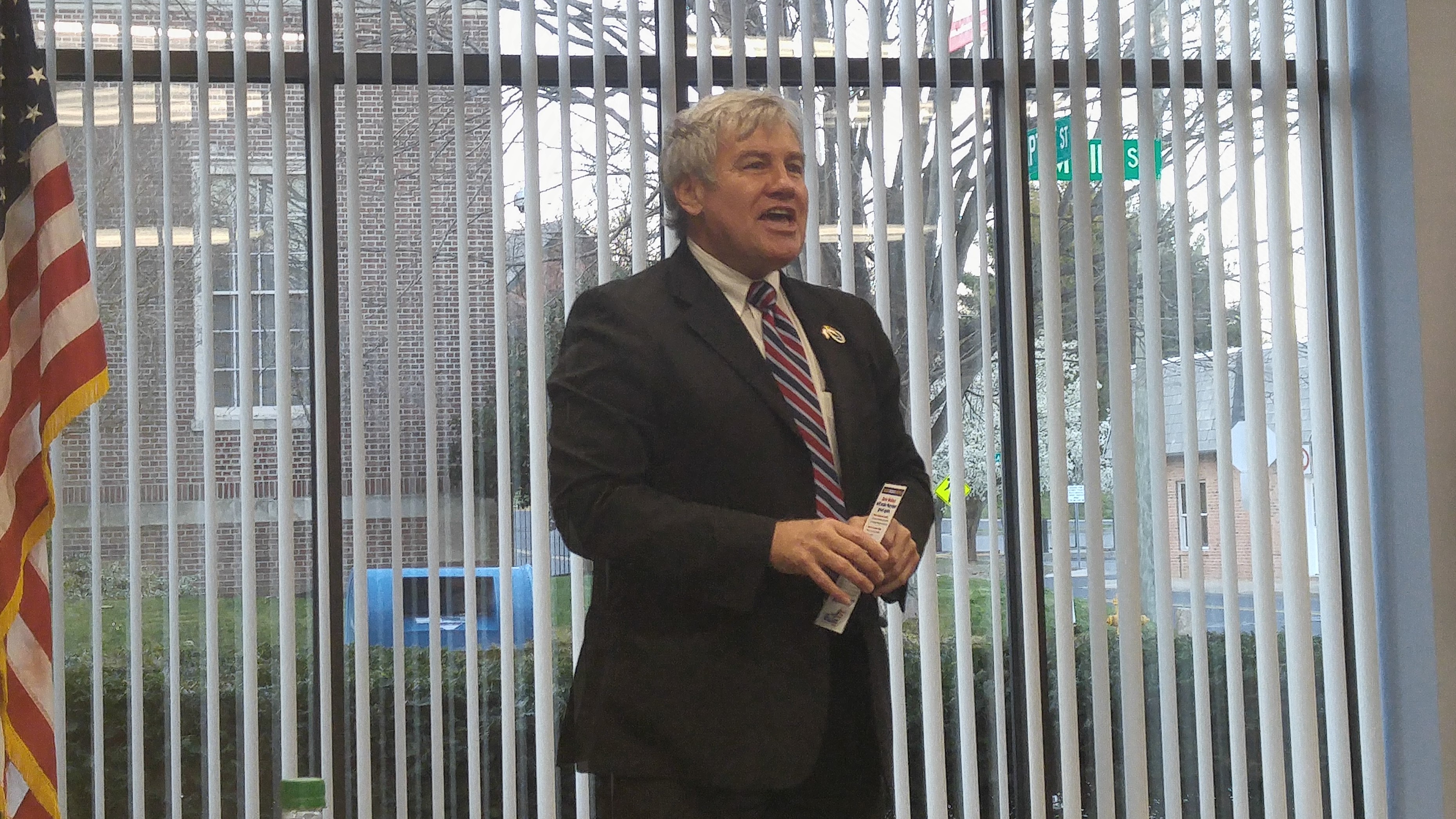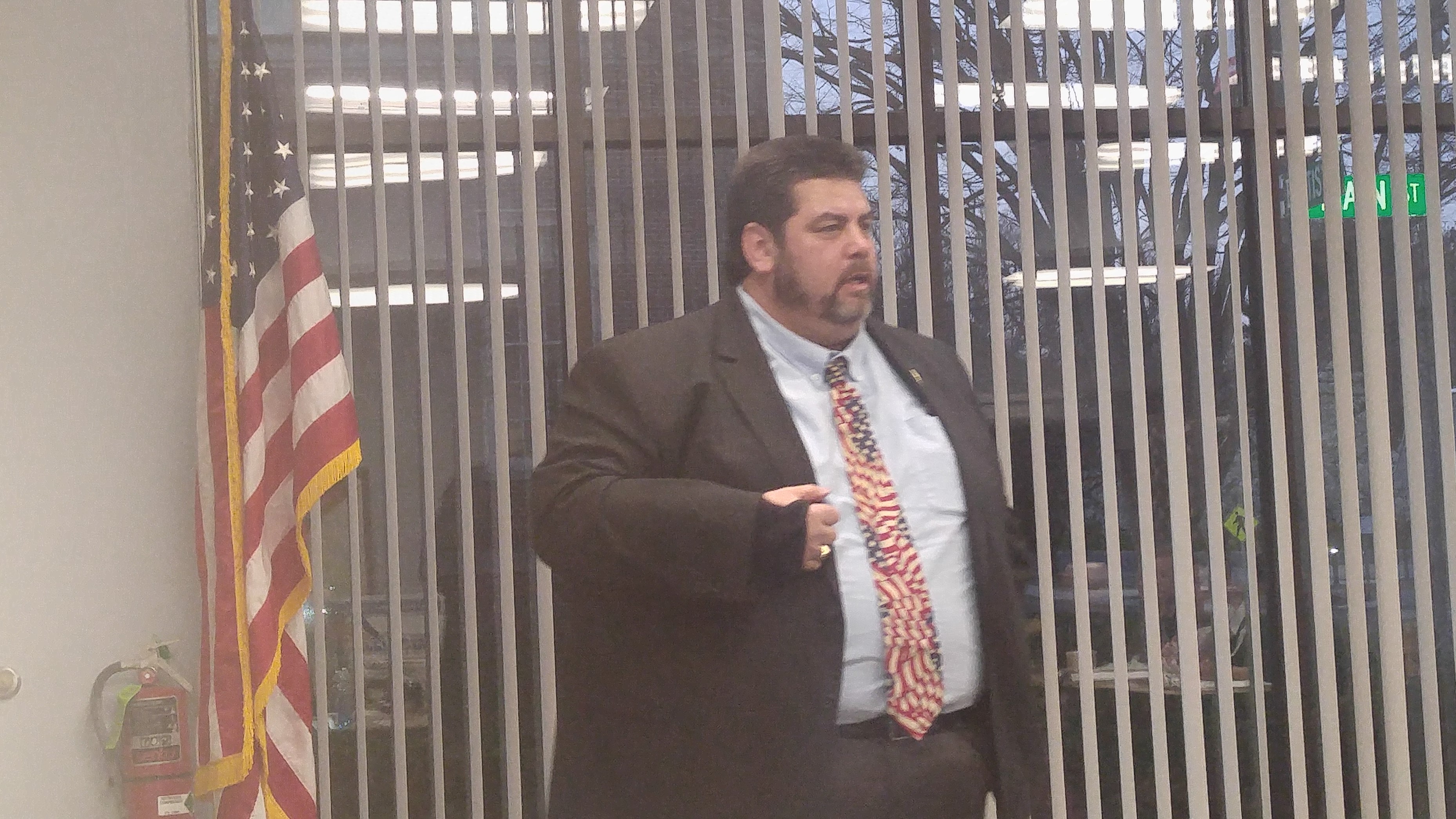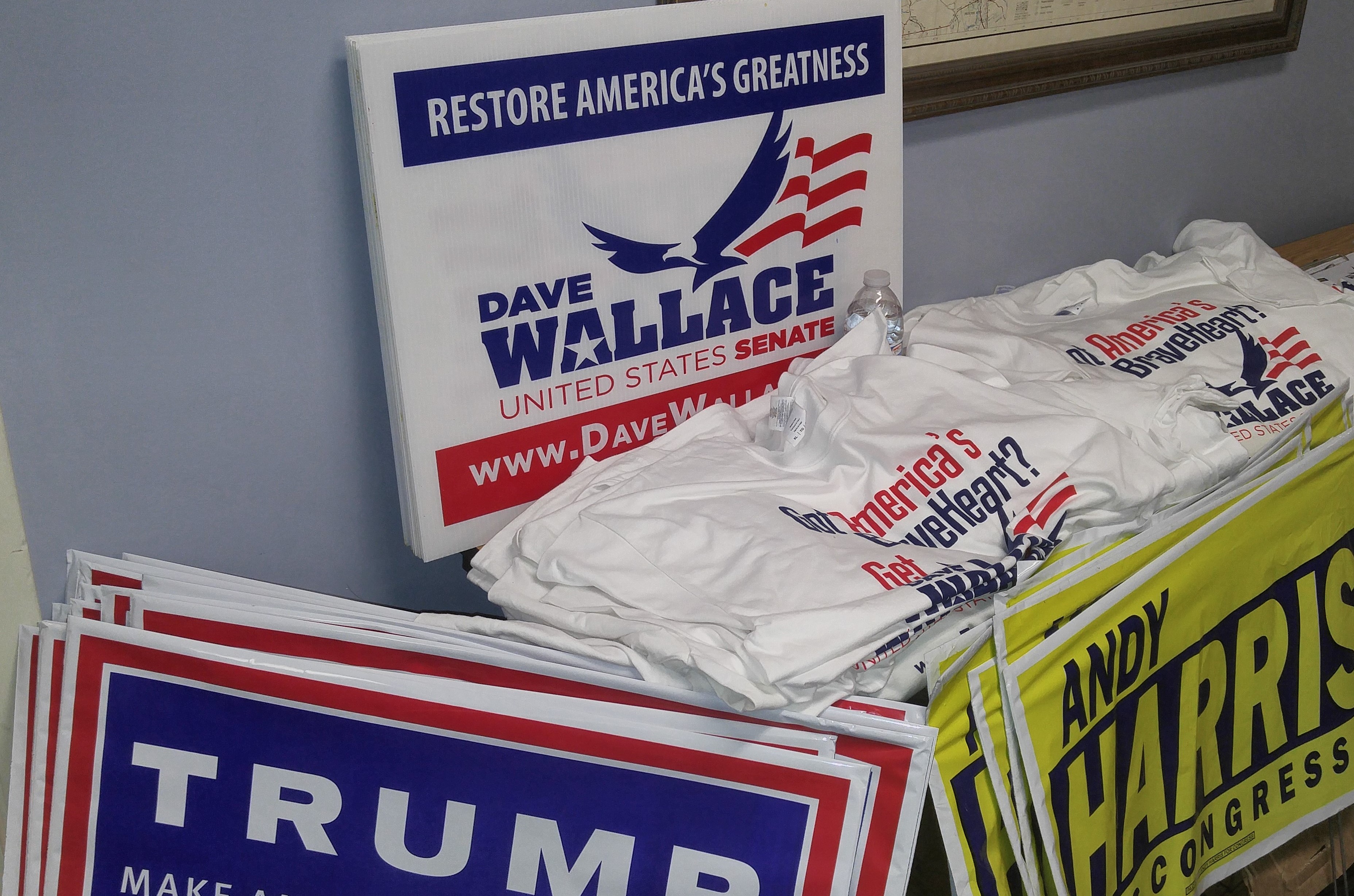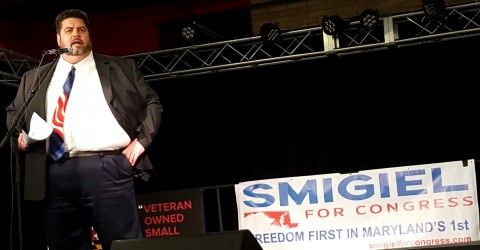Late edit: Need to get up to speed? Here are parts one, two, and three.
In this final installment comparing the differences between District 38 State Senator Jim Mathias and his challenger, District 38C Delegate Mary Beth Carozza, we have the second-smallest number of voting differences between them for this term. But as I wrote in my wrapup of the legislative year for the monoblogue Accountability Project (mAP):
Turning to this year’s session, one conclusion is inescapable: the last four years have been a steadier and steadier test of wills between a governor who is trying to promote a particular agenda and a state majority party that had its apple cart upset and is being begged by the special interests that control it to put those apples back and bring back the regular order of things where everyone was fat and happy except the private-sector working families and taxpayers. We’re at the point now where political victories are more important than improving the citizens’ lot, on both sides of the aisle.
In 2018, Mary Beth got just 12 votes correct out of 25, although she stumbled into the twelfth by changing her incorrect vote on HB1302, the “red flag” gun bill. Jim Mathias may have always intended to vote the correct way, but the 22-day hiatus between Mary Beth’s vote and Jim’s tally was punctuated with a loud outcry from the 2A community that Mathias had to hear. [However, despite the NRA support Mathias joined Carozza on a vaguely-written ban (HB888/SB707) of so-called “bump stocks.”] Jim’s only other instance of getting a vote correct (a term-low 2 correct out of 25 votes) was sustaining the veto for HB694 – but that was the “ban the box” bill he originally voted for!
Is it any wonder that people like me can be cynical about Jim’s record?
A major bill that the pair parted ways on will also be decided in this election – same-day voter registration is already in place during early voting, but HB532 established a referendum for this year that mandates its inclusion on Election Day, presumably beginning in 2020. Jim Mathias may not mind this extra work for poll workers and increased risk of voter fraud, but Mary Beth stood against it.
That government we elected last time around kept trying to usurp power from the executive branch, and they succeeded with a pair of measures that Carozza and Mathias voted opposite ways on: Mary Beth was correct in attempting to stop HB230/SB290 (a bill requiring legislative approval to pull out of the Regional Greenhouse Gas Initiative scam) and the sour grapes represented by SB687, laughingly referred to as “state vacancy reform.” Unfortunately, Jim Mathias backed an effort that succeeded in creating an unelected board to distribute school capital funding, removing the duty from the partially-elected (2 of 3 members) Board of Public Works – a slap at Democrat Comptroller Peter Franchot, who apparently votes too often with the Republican governor. (To his credit, Mathias voted for a floor amendment to restore the BPW to its place, but its failure was not enough to either dissuade him from voting for final passage or overriding the veto.)
The Big Labor interests that have supported Jim Mathias to the tune of tens of thousands of dollars over the last twelve years got their money’s worth this term – bills that dealt with making new hires opt out of being harassed to join the union rather than having to opt in (HB1017/SB677), another allowing disgruntled employees disputing prevailing wage decisions being allowed to take their suit directly to court (rather than to a state arbitrator, part of HB1243/SB572), and a huge gift as the precedent was set (with Jim’s support) for paid parental leave in SB859. This was on top of getting the veto override of HB1 from 2017, in part thanks to Mathias.
Mary Beth stood with providers by opposing a bill written by the insurance companies (HB1782) establishing a re-insurance program through a renewed assessment (formerly on a federal level, but being shifted to a state one) on those same insurers. Jim Mathias obviously isn’t into fee relief.
Finally on the environmental front, Mary Beth was on the right side of a proposal (HB1350/SB1006) that mandates certain state-funded construction projects be adapted to conform with weather conditions brought on by supposed global climate change. It may be prudent in some instances, but will certainly bust the budget elsewhere.
Because District 38 is my home district, I have been paying particular attention to the race. But it’s worth noting that a similar race exists in Senate District 8 which pits Senator Katherine Klausmeyer against Delegate Christian Miele.
While the differences aren’t as stark between those two as they’ve been between Carozza and Mathias, they are still there: over the last four years where they have served together, Klausmeyer has racked up annual mAP scores of 32, 2, 24, and 4 for an average of 15.5, while Miele has scored 58, 44, 60, and 26 for an average of 47. On the average, then, Miele would get 7 to 8 more mAP votes correct than Klausmeyer each term, which can mean more money in your pocket and more opportunity for businesses to thrive and create good-paying jobs. The records are there for inspection on the sidebar.
One final word. We can talk about voting records all day, but there are those who swear by Jim Mathias because he “works hard for the district” or some variation of that remark. As proof they can point to social media, where Jim is often going live at some event or gathering – even if it’s walking in a parade 100 miles outside his district. Look, I’m into hometown pride as much as anyone given my affinity for particular sports teams and number of my friends still hailing from mine, but the whole “look at me” attitude seems a little artificial and contrived after awhile.
Over this campaign I’ve pointed out the perceived flaws in Jim’s record in both the votes and money he takes for and from special interests, groups that seemingly are more concerned with combating the good things Governor Hogan does (yes, there are a few) and keeping the state as the East Coast’s answer to California and Chicago than they are with the needs of our diverse district. It’s telling that the latest charge by the Annapolis Democrats against Mary Beth is that she’s a “Washington insider” because she’s worked for several members of Congress and in the George W. Bush administration. If the party roles were reversed, they would call that “a career of public service.”
I noted four years ago that many of Mary Beth’s former cohorts provided the seed money for her campaign, but in this round it’s become far more local as she has gained the confidence of those who donated to her. Mary Beth wasn’t someone I knew well prior to her 2014 campaign: I met her years ago when she worked for the Ehrlich administration, but it’s not like our paths crossed a lot.
One thing I’ve noticed as she’s run her two campaigns, though: that woman is everywhere. But she isn’t one to plaster it all over social media, opting to be more of the work horse than the show horse. Maybe that costs her a few votes among those who like glamour and popularity, but the thoughtful voters notice.
I saw Jim on Sunday at the Autumn Wine Festival, just as Kim and I were leaving. While he probably shook more than a few hands while he was there, the reason he came was to sing with the band that was playing to close out the event – more on that band in a future post. It’s nothing new, as Jim has sung with On The Edge before at the AWF and, in general, has been around the local music scene as long as I’ve been aware of it. Obviously that’s something he enjoys doing, and I don’t see a thing wrong with that – in fact, I wouldn’t mind him having more time to sing after this November.
In short, the reason I’ve been on this race so much and for so long is that I think Jim’s a fine enough and likable fellow, but is also a political mismatch as a representative of this district – he seems to be much more suited for a district across the bridge, a place from where a significant portion of his financial support comes. Here we have a district that is much more right of center than he is.
So while she’s not as far to the right as I would prefer, I think that in order to make a better team for local success throughout District 38 we need to promote Mary Beth Carozza to be our next State Senator. I urge you to vote accordingly, whether at early voting beginning tomorrow and running through next Thursday or on the traditional November 6 date.


